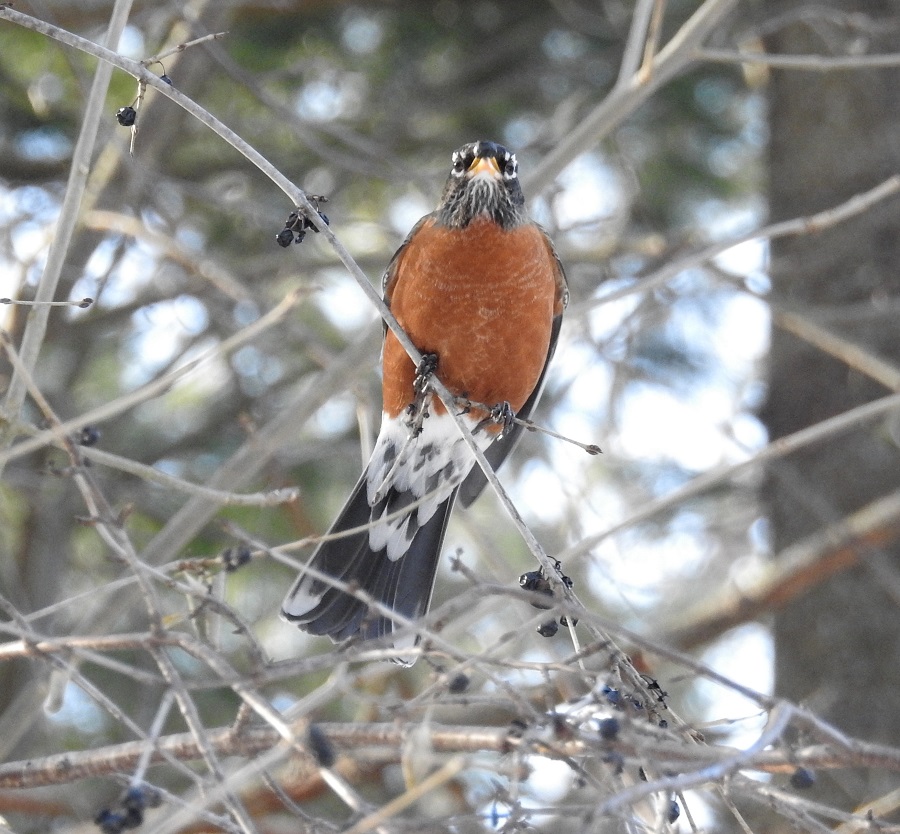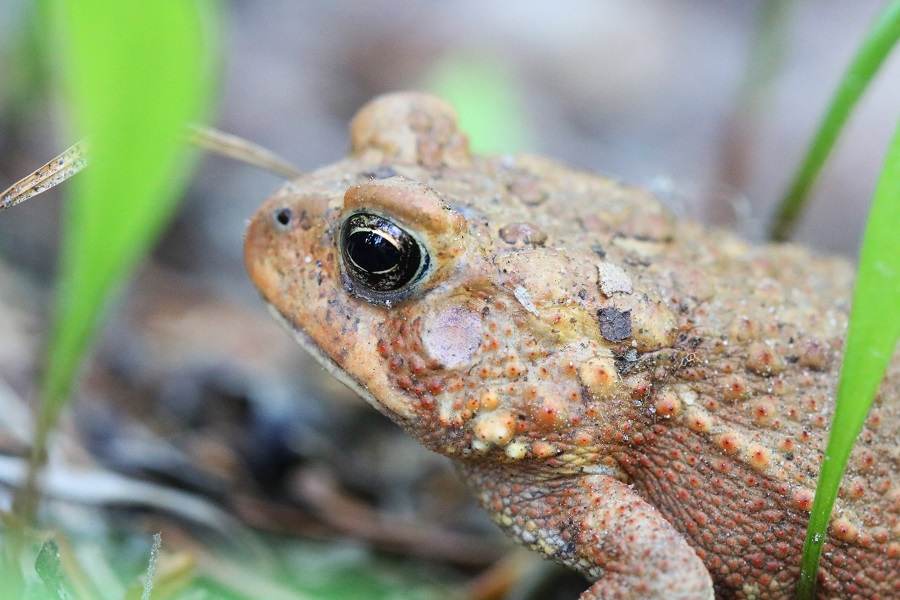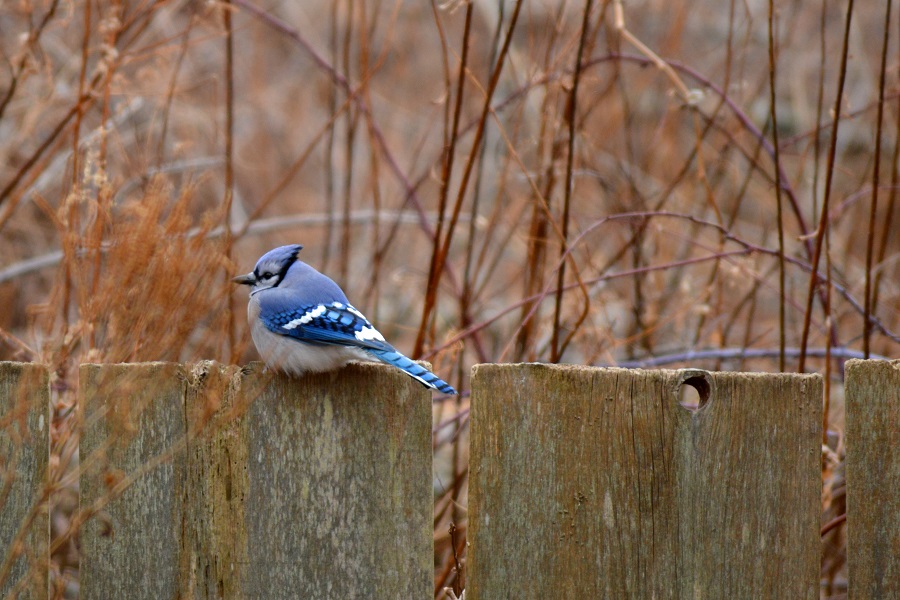Today’s blog post comes from Ecologist Corina Brdar. When Corina’s not working at Ontario Parks, she is actively involved in the growing nature journaling and mindfulness community.
Our last nature mindfulness moment led you through a simple 10-minute exercise in paying attention by looking, listening, and feeling. This month, we invite you to dive a little deeper by listening to the sounds of spring.
You can try this basic mindfulness exercise next time you’re alone outdoors in a place where you feel comfortable.
Open your ears to the world around you
All you need to do is be still for three or five minutes.
Relax.
Close your eyes or look down at the ground or another neutral space. Focus on listening.
You don’t have to strain — there’s no goal to achieve. You’re just letting the sounds reach you and be acknowledged by your consciousness.
Listen a little closer
At first, natural sounds might not be obvious.
This time of year nature is so active you’ll eventually detect its sounds even if you’re near a busy intersection.
There’s the strident chirps of robins, the drips of water running down eavestroughs, the rustle of the breeze, and the squeaks and burbles of starlings.

Nature is waking up and it has a lot to say!
Everything in nature is full of energy in spring as it prepares for the season of plenty. As your brain starts to relax, it will become aware of the full palette of sounds, not just the loud or distracting ones.
Just beneath your ears
What sounds surround you in your daily life that you have never noticed?
As you give this a try you may be annoyed by non-nature sounds like traffic or machinery.
The challenge is to let all sounds come and go without forming strong opinions about them.

It may help to picture yourself in a receiving line at a wedding, or doing the post-game team sport thing, or as a cashier checking out groceries. You acknowledge each wedding guest/hockey player/box of cereal/sound as they pass by, without grabbing on to any one of them for a long intense connection.
You’ll know that you’ve lost the plot when you think you haven’t “heard” anything for a few minutes. When the mind gets snagged on thoughts, the ears seem to go into sleep mode.
If you realize that’s happened to you, congratulate yourself!
You’ve hit a milestone as a mindfulness practitioner: you’ve managed to notice that you’ve drifted away from paying attention to the present moment.
Perfect! Now you can resume your attention-paying.
Find different soundscapes
If you’re lucky enough to find yourself in a place where nature sounds are obvious or ubiquitous, you can try this out a different way.
Maybe you live near a marsh, or a field, or a group of trees where the frogs, toads, or birds are hard to ignore. Spring windstorms and rainshowers are also good nature mindfulness opportunities.
Instead of giving these sounds a mere passing notice (“ooh, that’s nice…where did I put my phone?”), you can choose to pause your day and pay attention to them.
When you hear a soft rain pattering on your window, try sitting for three minutes and letting the drops become your centre of attention.
If a chorus of toads is serenading your evening walk, pause by the side of the road and notice their voices as individuals, and in unison.

You might get bored after 15 seconds.
Listen a while longer anyway — see what happens.
One task: listen
You may be tempted to try to figure out who or what is making the sounds you’re hearing. We definitely encourage you to learn about animal sounds as a way to appreciate nature.
In fact, there are important community science projects in parks that require volunteers to purposefully listen for birds or amphibians for set time periods in specific locations.
But that’s not what this blog post is about!
If you’re curious to know who’s making the sound, tell yourself you can find out later. Because at this moment, does it really matter? Can you let your brain take a short break from needing to know?
For the experienced
If you already practice you may enjoy bringing your practice to your balcony, your open window, or an outdoor location.
Do you easily get distracted by unfamiliar sounds?
Great!
A new challenge to deepen your practice.

My local blue jays, smart birds that they are, seem to know that when I’m sitting outside with my eyes closed that it’s karaoke time.
Me on a good day (i.e., once): “Ah, ears are detecting sounds. I am neutrally receiving these sounds.”
Me on most days: “…whataretheydoingwhyaretheresomanyofthemaretheyonmyhead thisisridiculoustheydothisonpurposeIknowitmaybeI’ljustpeekforasecond…”
Thank you, nature, for the endless opportunities for practice.



